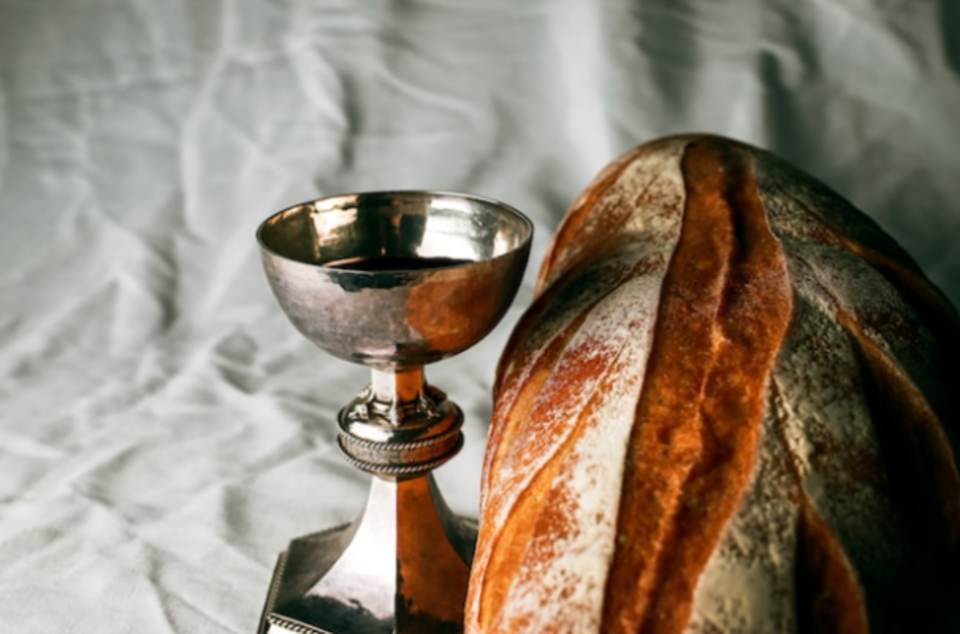
Nancy Pelosi, former House Speaker and a Democrat from California, criticized Archbishop Salvatore Cordileone's decision to prohibit her from receiving Holy Communion, which he announced last year.
Pelosi vs. Cordileone
According to the Washington Examiner, Pelosi expressed that she had an issue with her archbishop and believed that it was his problem and not hers.
Even though the Archbishop of San Francisco has refused to give her Communion due to her position on abortion, she stated that she is largely in agreement with the Catholic Church's teachings.
Since May 2022, Pelosi is not allowed to take part in Holy Communion in the Archdiocese of San Francisco.
Archbishop Cordileone wrote a letter stating that a Catholic lawmaker who supports abortion after being aware of the Church's teachings is committing a serious sin and causing scandal.
During an event at Georgetown University's Center on Faith and Justice, Pelosi discussed politics and her faith and mentioned the issue with Archbishop Cordileone.
She stated that while she and the Catholic Church are generally in agreement on many social issues, the Church seems willing to disregard most of their shared beliefs over a single issue - abortion.
The Catholic church considers abortion to be a moral wrongdoing.
And so, Archbishop Cordileone stated that he has attempted to speak with Pelosi on several occasions regarding her stance on abortion.
This is to assist her in understanding the severity of the harm she is causing and the risks to her soul.
Women Priest
In addition to addressing her concerns with Archbishop Cordileone, Pelosi also shared her desire for the Catholic Church to allow women to become priests.
She stated that being able to transform bread and wine into the body and blood of Jesus Christ is a significant source of power.
According to another report by the Washington Examiner, Pelosi made these remarks while conversing with Rev. Jim Wallis, who leads the GUCFJ.
During the conversation with Wallis, she also admitted to being drawn to the idea of becoming a priest because of the authority that comes with the position.
With this, she expressed her disappointment with Pope Francis' decision not to allow the ordination of women into the Catholic priesthood.
The Catholic church has maintained its stance against ordaining women priests for the entirety of its 2,000-year history, based on the precedent set by Jesus selecting 12 male disciples.
Multiple popes in recent history have reaffirmed this teaching.
In 1994, Pope John Paul II issued the apostolic constitution Ordinatio Sacerdotalis, which was the most definitive statement on the matter.
The document reiterated that women could not be ordained to the Catholic priesthood "so that all doubt may be removed."
In November of last year, Pope Francis restated the church's longstanding position.
He stated in an interview with America Magazine that ordaining women to the priesthood presented a "theological problem."
Pope Francis stated that women could not be ordained to ministry because it goes against the Petrine principle, which associates the ministry of priests with the apostle Peter, who is recognized by Catholics as the first pope.
More from Crossmap:
St. John Armenian Apostolic Church shares traditional Lenten recipes





